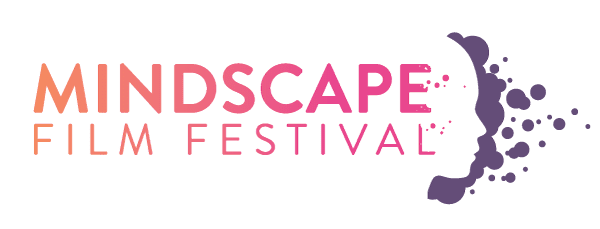July 24, 2017
By Trina Wyatt
Today there are more people and more technology in our society than ever before, leading to greater stress and anxiety. Just as we are careful with what food we put into our bodies, we need to give ourselves every advantage when combatting toxins of the mind. Personally, I used to over-drink and over-shop in an attempt to cope and “get by.”
It wasn’t until four years ago, while earning my teaching certificate in Kundalini Yoga (as taught by Yogi Bhajan), that I discovered the healing power of a daily practice. Since then, I’ve adopted several daily practices that help me to not just cope with life’s daily stresses, but do so in a healthy way. These include:
- Starting the day with an inspirational reading
- Maintaining a daily practice to connect to your inner voice and to a higher power
- Writing a list of ten things you are grateful for every evening
- Choosing daily media consumption carefully and with awareness
That last one might seem a bit out-of-place, but think about it: Many have embraced yoga and meditation as practices for a healthy mind-body-spirit and that’s great. But what happens to that centeredness and positivity when we step off the mat? If we watch entertainment that feeds fear and anxiety, doesn’t that “undo” our positive mind-body-spirit work?
Buddhist monk and peace activist Thich Nhat Hanh certainly thinks so, saying, “Watching a bad TV program, we become the TV program. We are what we feel and perceive. We must be aware of which programs do harm to our nervous systems, minds, and hearts and which programs benefit us.” We need to be mindful that our media choices support our practice.
Media as Remedy
According to a recent article in Psychology Today, “watching video clips with pro-social themes (like people helping others, cooperating and being generous) can lead to more cooperation, more positive attitudes, less aggression, and more altruism.”

I’ve seen this in action myself. Last year, my organization, Conscious Good, partnered with the United Nations for a Humanitarian Film Festival. Our festival was a huge success, reaching over 11 million people. But the greater success for me was when the woman I had hired to help run the festival told me: “Watching these films has changed my life. I went to yoga this morning and there was a homeless man in a wheelchair blocking the doorway. Others impatiently moved around him. I thought, ‘If I don’t help this man, who will?’ I spent the next hour helping him get to where he needed to go.”
Several months after the Humanitarian Film Festival, I met with a media company that does a lot of work for Alzheimer’s research. When asked, ‘What can we do together?’ a film festival was my immediate suggestion. And that is how Conscious Good’s Mindscape Film Festival was born.
There are many ways watching Mindscape’s films can help people. We have movies that help destigmatize mental illness; explore trauma and possible cures; promote compassion; and most importantly let people know they are not alone. With all the toxic media in our society today, Mindscape is our way of bringing a dash of positivity back to your day.
“Whether we succeed or fail, we do so with the mind.” Yogi Bhajan
Mindscape Film Festival runs now through August 3. Watch films online and vote for your favorite.
A tour of the juried films will travel across the U.S. in August and September. Attend an event or host your own! Learn more here.
Trina Wyatt is Founder and CEO of Conscious Good. Previously she was the Founding Director of the Tribeca Film Festival, COO of Tribeca Entertainment for 5 years prior, Head of Content for GAIAMTV (now Gaia), and Director for Film Independent where she helped grow the Los Angeles Film Festival.
Submit To The NAMI Blog
We’re always accepting submissions to the NAMI Blog! We feature the latest research, stories of recovery, ways to end stigma and strategies for living well with mental illness. Most importantly: We feature your voices.
LEARN MORE